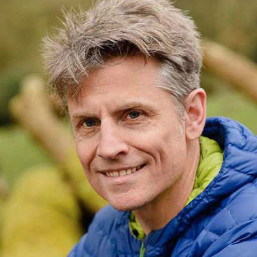Marine scientists say that the Welsh government should modify its plans to re-open Cardigan Bay to scallop dredging in order to minimise the impact on bottlenose dolphins.
Sea Watch Foundation director Peter Evans said that the bay was given Special Area of Conservation (SAC) status because of its coastal community of bottlenose dolphins and the government was obliged to protect them under the Habitats Directive.
Current proposals are to open up most of the bay to dredging from 3–12 nautical miles, but Evans said that this could impact on the dolphins: “Part of the area that may be opened is vital habitat for bottlenose dolphins, and my recommendation will be that the 3–6 nautical miles area of the SAC remains closed.”
Particularly in the summer, the dolphins appear to feed primarily on flatfish and other species that live on or close to the seabed. “If this substrate were greatly disturbed [by dredging], it could have negative effects upon the fish communities and their predators, the dolphins,” Evans added.
Other marine scientists have even greater objections to the proposals, which are out to consultation until mid-February.
“If you wanted to choose a method of fishing that was most destructive, you could not design anything better than scallop dredging,” said Prof. Callum Roberts of the University of York.
Anything living on the seabed gets smashed, he said, and it could take many decades to recover back to its undisturbed state.
But Dr Gwladys Lambert, whose scientific study is being used by Natural Resources Wales (NRW) as the justification for allowing scallop fishermen to return to Cardigan Bay, said it was far from certain it ever had complex marine ecosystems on its seabed.
“Because there are strong currents and winter storms and the sediments are really mobile, we believe it’s unlikely to be a good environment for sensitive species,” she said.
